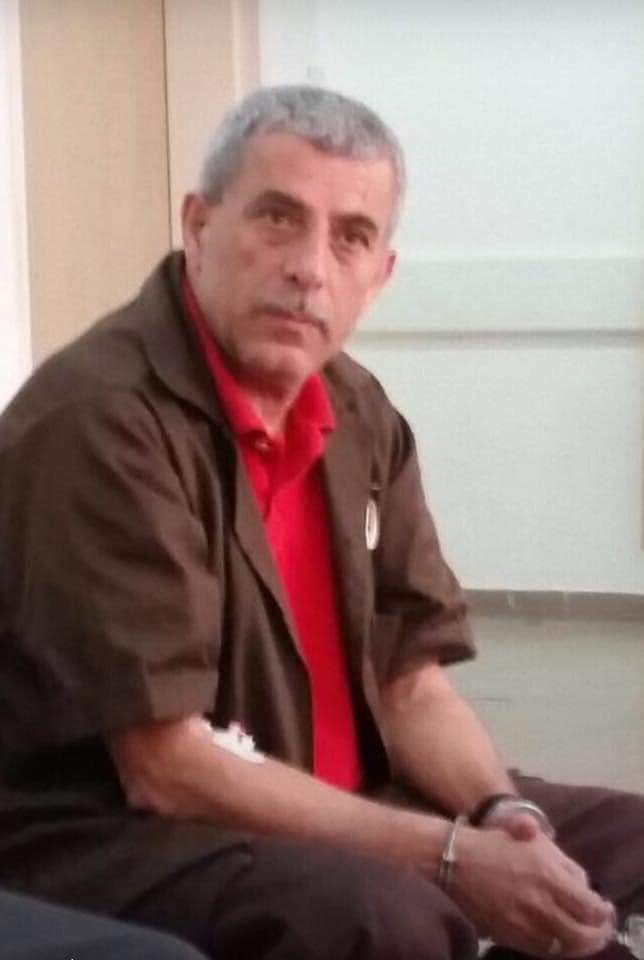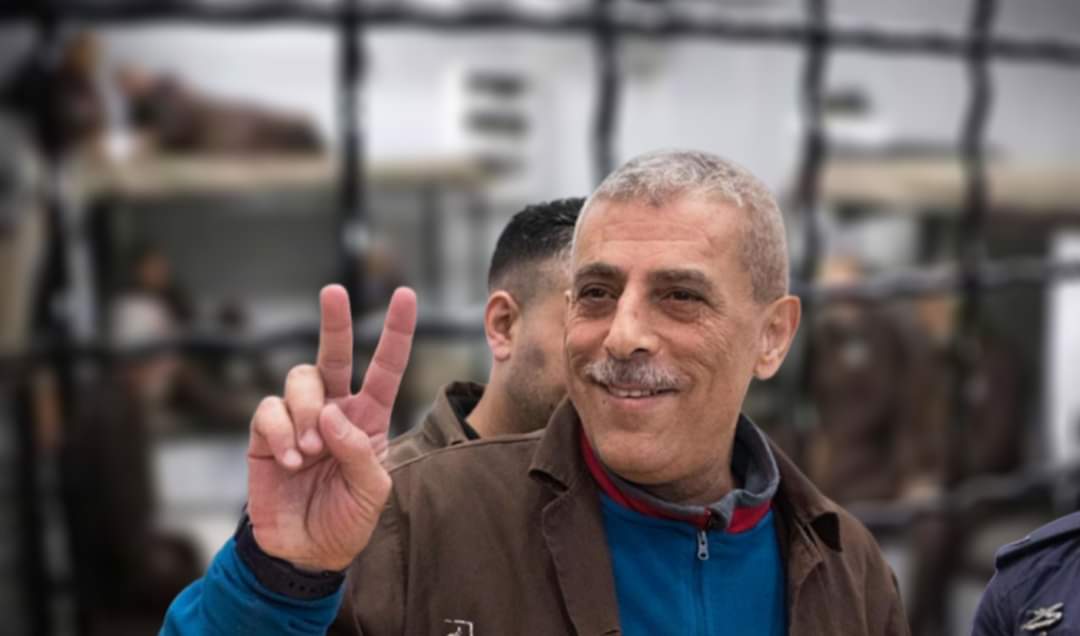Walid Daqqah is a terminally ill Palestinian prisoner who was diagnosed with a rare case of bone marrow cancer. His health condition has been exacerbated by numerous instances of medical neglect in prison.
In March, he completed a 37-year sentence for his involvement with an armed group that had abducted and killed an Israeli soldier in 1984. However, in 2018, an Israeli court sentenced him to a further two years in prison, delaying his release until March 2025, a date which he may not live to see. On August 7, the Israeli District court rejected his petition for early release on medical grounds.
The Israeli authorities must immediately release Walid Daqqah on humanitarian grounds and allow him to spend his remaining time with his family.
Here’s what you can do:
In light of the imminent danger to Walid Daqqah’s life, write to the President of the State of Israel urging him to:
- Apply his power to pardon Walid Daqqah on humanitarian grounds and allow his immediate release from prison.
- Pending his release, ensure that the Israeli prison authorities provide Daqqah with his right to the adequate and specialized healthcare that he requires. Walid Daqqah has already spent most of his adult life behind bars and lost his father while in prison. If he has a year or two to live, let him spend them with his wife Sanaa and their only daughter Milad.
Write to:
The President of the State of Israel
Mr. Isaac Herzog
3 Hanassi Street,
Jerusalem 92188, Israel
Fax: 02-5887225
Email: lishka@president.gov.il / president@president.gov.il
Salutation: Dear President Herzog,
And copy:
Mrs. Nira STARETZ
Minister & Chargé d’affaires, a.i.Embassy of the State of Israel
50 O’Connor Street, Suite 1005
Ottawa, ON K1P 6L2
Tel: (613) 750-7500 Fax: (613) 750-7555
Email: info@ottawa.mfa.gov.il
Background
Walid Daqqah is a 62-year-old Palestinian citizen of Israel. He is a writer and father to a three-year-old daughter. On 25 March 1986, Israeli forces arrested Walid Daqqah, then 24. In March 1987, an Israeli military court sentenced him to life imprisonment after convicting him of commanding the Popular Front for the Liberation of Palestine (PFLP)-affiliated group that had abducted and killed Israeli soldier Moshe Tamam in 1984.
Walid Daqqah was not convicted of carrying out the murder himself, but of commanding the group, and his conviction was not based on Israeli criminal law but rather on British emergency regulations dating back to 1945, which require a much lower standard of proof for conviction. Israeli military courts have a well-documented history of failing to ensure the right to a fair trial. Additionally, Walid Daqqah was subjected to torture and other ill-treatment while under interrogation.
In 2012, Walid Daqqah’s life imprisonment sentence was capped at 37 years, after then-president Shimon Peres accepted his request to cap the sentence. However, in early 2018, five years before the end of his sentence, he was sentenced in a separate case to an additional two years in prison for attempting to get mobile phones into prison to help other prisoners get in touch with their families.

Deteriorating health
Walid Daqqah’s health deteriorated throughout the years, due to medical neglect by the Israeli Prison Service (IPS). In 2020, he experienced blood-related health issues, and in December 2022, Walid Daqqah was diagnosed with a rare form of bone marrow cancer, necessitating an urgent bone marrow transplant. In February 2023, Walid Daqqah suffered from a stroke, but was only moved to a civilian hospital a week and a half later.
The delay in providing Walid Daqqah with the emergency treatment he required resulted in a host of other complications including pneumonia, kidney failure, drop in blood cells, and required him to undergo surgery to remove most of his right lung. He is currently held in Ayalon prison clinic (Formerly Ramleh prison clinic), which is unequipped to deal with his condition, according to independent medical opinion reviewed by Amnesty International.
Walid Daqqah’s case illustrates the systematic practice of medical neglect by the IPS and Israeli authorities, which blatantly violate Israel’s international obligations related to respecting the right to health of Palestinian prisoners and providing care for those experiencing illness. As of 2022, the number of sick Palestinian prisoners in Israeli prisons is currently around 600, with over 200 prisoners with chronic diseases and 24 prisoners diagnosed with cancer and other serious illnesses, according to the Palestinian prisoners’ rights organization, Addameer.




























